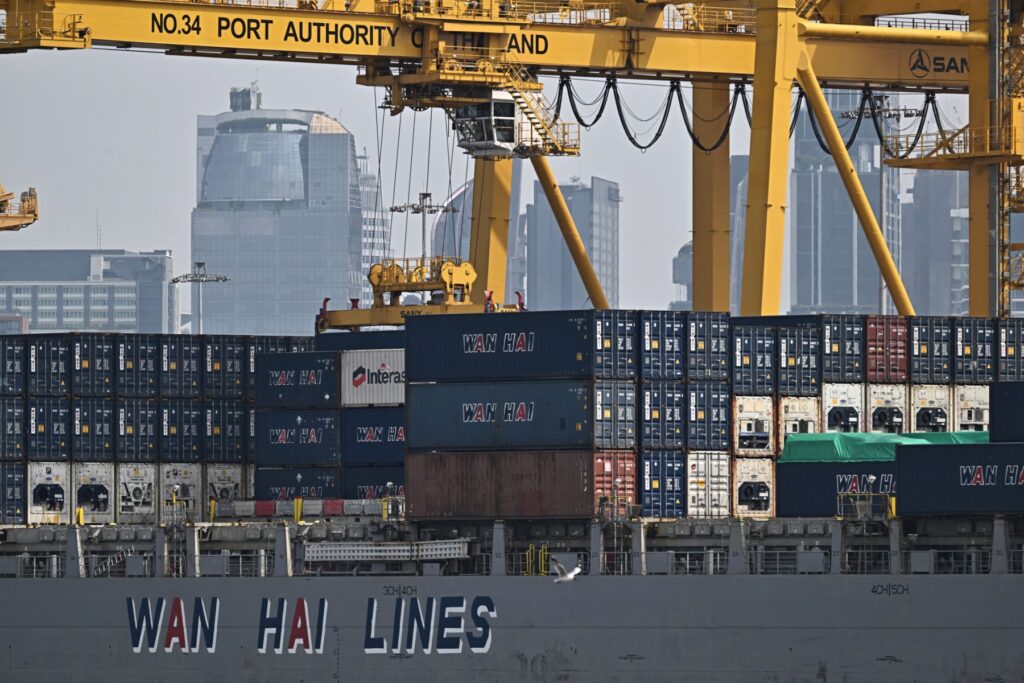June 20, 2025
THIMPHU – The Free Trade Agreement (FTA) between the Kingdom of Bhutan and the Kingdom of Thailand is expected to be implemented by January 2026.
The National Assembly is set to adopt the agreement today, following which it will be forwarded to the National Council for deliberation.
The agreement, once in effect, will provide Bhutanese exports with duty-free access to the Thai market, boosting their competitiveness.
Thailand has committed to eliminating tariffs on 94 percent of its 10,731 tariff lines. In return, Bhutan will remove tariffs on all 5,867 of its tariff lines, offering reciprocal market access.
This development means that a wide range of Bhutanese goods such as essential oils, cordyceps, apples, spices, honey, pickles, tea, alcoholic beverages, and potatoes—currently facing tariffs of 5 to 60 percent, will enter the Thai market at zero duty.
The FTA is projected to enhance Bhutan’s export competitiveness and open new opportunities for local producers.
Special quotas for Bhutan
In addition to tariff elimination, Thailand has offered Bhutan a Country-Specific Quota (CSQ) for 11 sensitive agricultural products that fall under Thailand’s protected list. Under this quota, Bhutan will be allowed to export 20,000 metric tonnes (MT) of potatoes, 130 MT of garlic, 250 MT of tea, 10 MT of coffee, and 25 MT of trout duty-free.
The quota covers 77 tariff lines and may be revised in the future, depending on Bhutan’s production capacity and export demand.
The agreement also simplifies trade procedures. Of the 165 products proposed by Bhutan, 138 will now qualify for duty-free access under a relaxed 30 percent local content requirement.
For Bhutan’s emerging ferro alloy industry, Thailand has reduced the rule-of-origin requirement from 40 percent to 30 percent for seven key iron and steel products.
All 131 export-potential products identified by Bhutan’s private sector have been granted zero-tariff access to the Thai market.
Narrowing trade gap
The FTA is expected to help improve Bhutan’s persistent trade imbalance with Thailand and contribute to narrowing the current account deficit. It will also enable Bhutan to leverage Thailand’s membership in the Association of Southeast Asian Nations (ASEAN), potentially opening doors to broader regional markets.
A chapter on economic and technical cooperation is included in the agreement, covering sectors such as renewable energy, education, investment, intellectual property, and tourism.
The agreement also features a dispute settlement mechanism and an evolutionary clause, allowing for future inclusion of areas such as services and investment.
While the agreement is widely seen as a step towards deepening economic and diplomatic ties, concerns remain about short-term trade imbalances.
Bhutan’s export base is still narrow and concentrated, requiring sustained efforts in product diversification and market readiness to fully capitalize on the new access.
Parliamentary deliberations
During the National Assembly session, Chairperson of the Human Rights and Foreign Relations Committee, MP Damche Tenzin, said the agreement aims to enhance exports, liberalize trade, strengthen cooperation, and improve economic efficiency.
“There is no fixed validity period for the agreement, but both countries can amend the terms when required,” he said.
However, MP for Radhi-Sakteng, Tashi Tenzin, raised concerns about the consumer impact of duty exemptions on 5,867 imported goods from Thailand.
“If illegal practices arise or consumers are not benefited, how is the government prepared to intervene and closely monitor the situation?” he asked. “When the government grants tariff exemptions on imports, consumers must also reap the benefits.”
Responding to the query, Minister for Industry, Commerce and Employment, Namgyal Dorji, clarified that goods imported from Thailand will be exempt from customs duty, Goods and Services Tax (GST), and excise tax.
“Besides having many preparations to implement the agreement, the Government is fully committed to its execution, with the Competition and Consumer Affairs Authority overseeing the process,” said the Minister. “While many believe this agreement will lead to an increase in imports, it will actually ensure a balance between imports and exports.”
Strategic outlook
The agreement marks a strategic milestone in Bhutan’s external trade relations, as Thailand remains one of Bhutan’s top ten trading partners.
With expanded market access and strengthened cooperation, the FTA is expected not only to deepen economic integration but also to provide a framework for long-term political and technical collaboration between the two countries.

